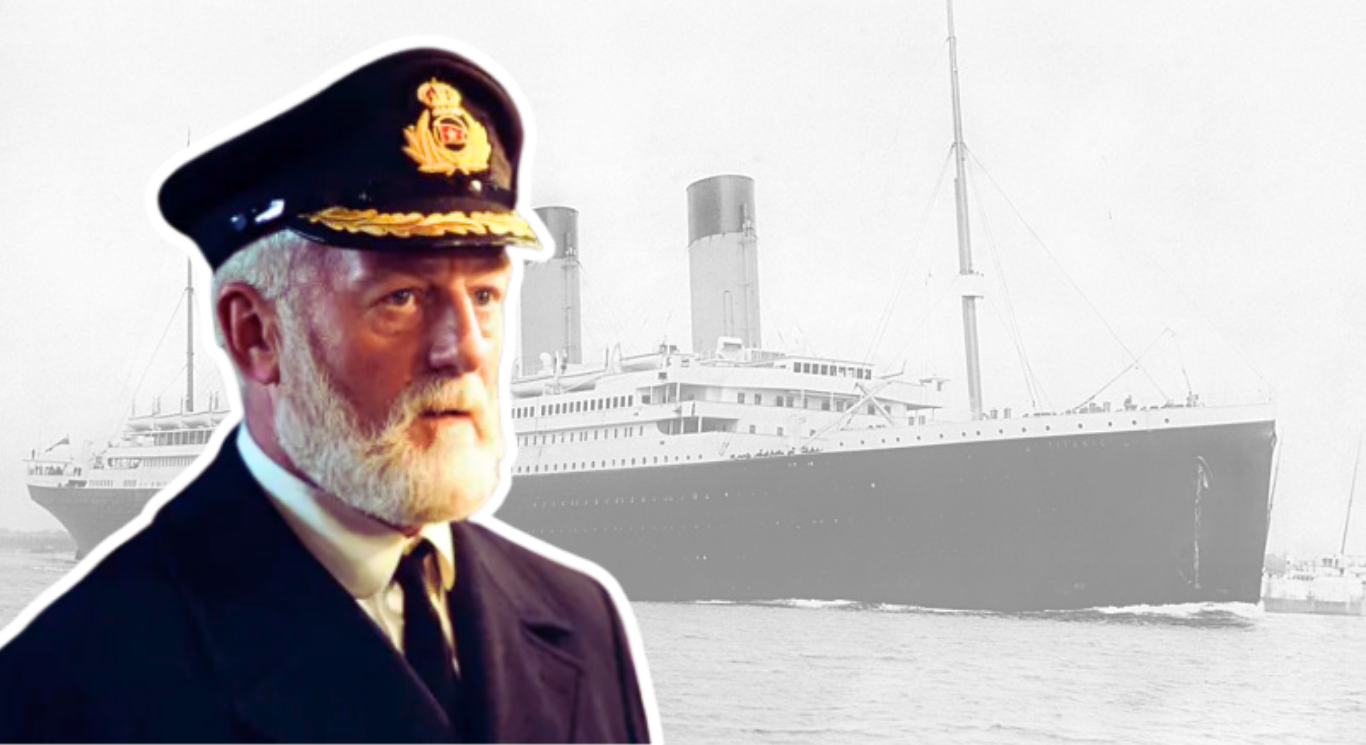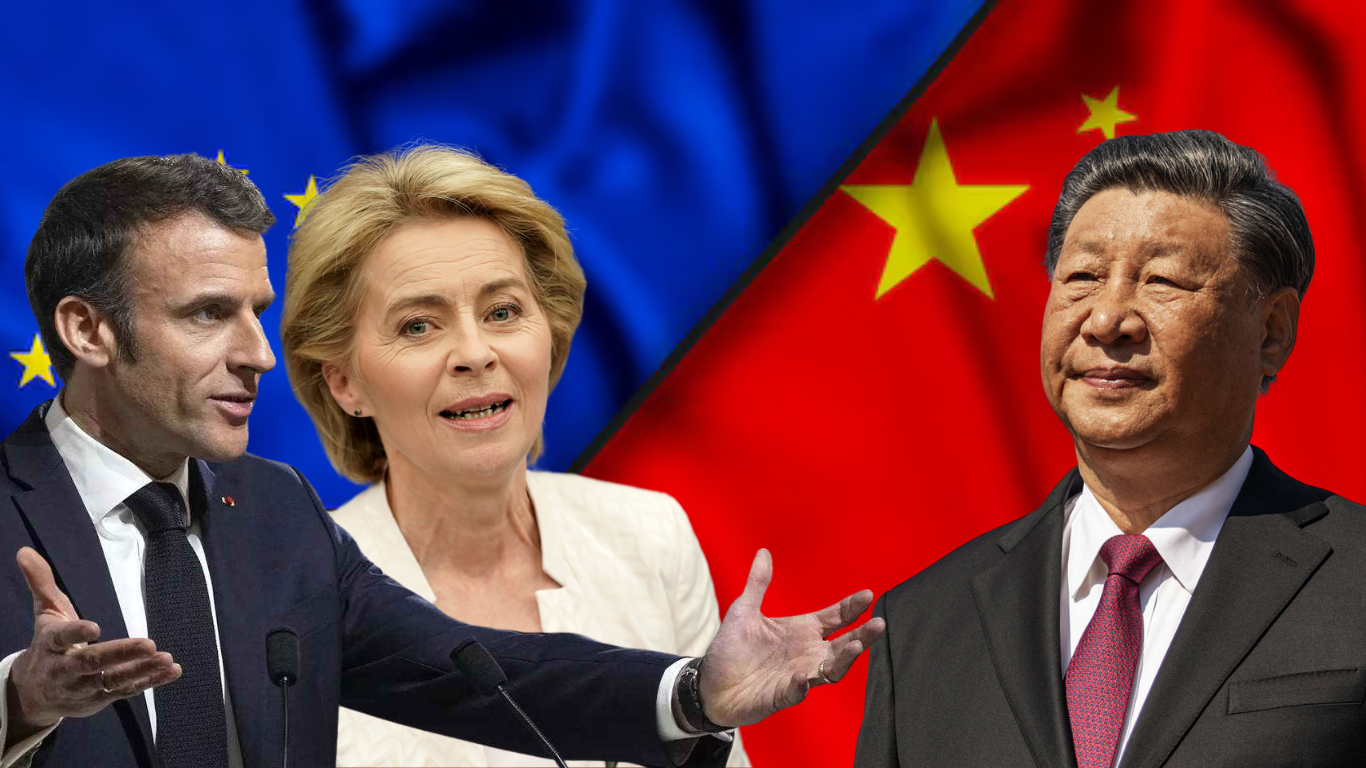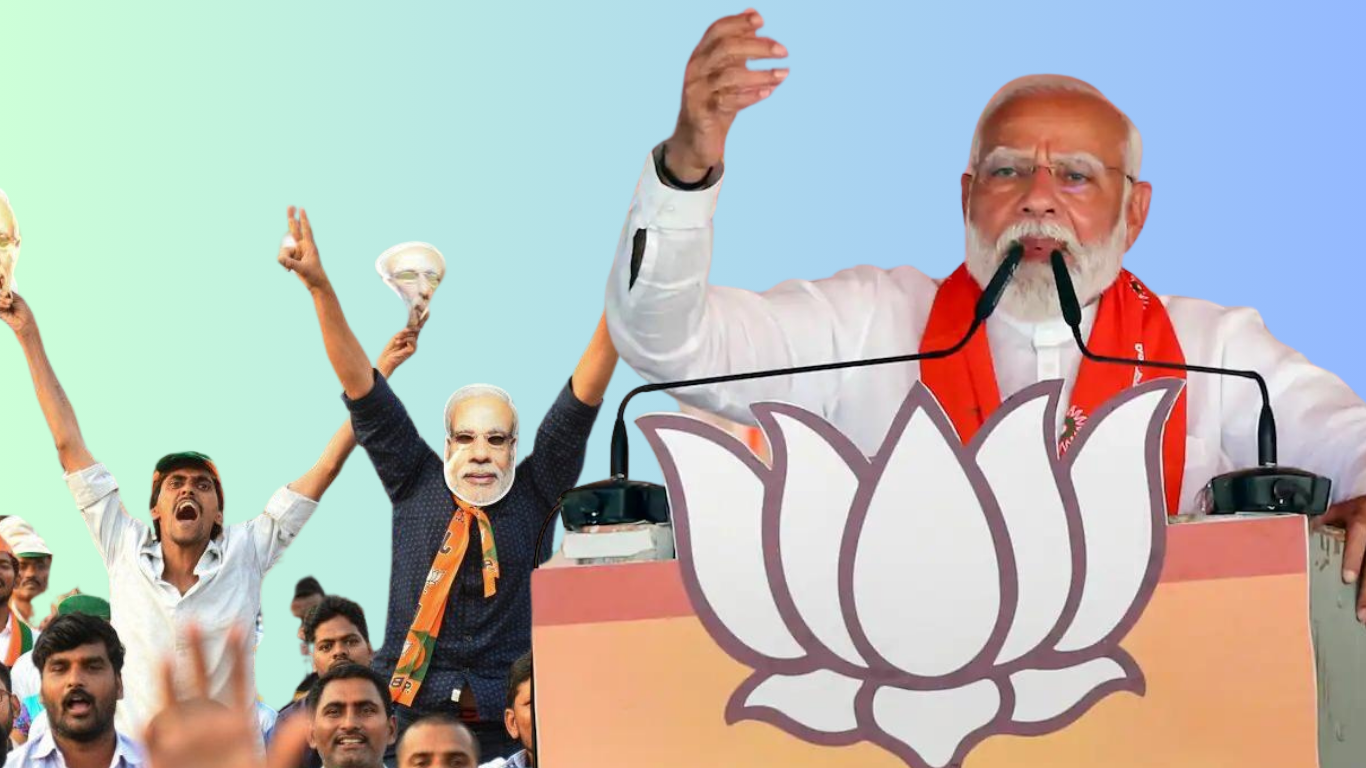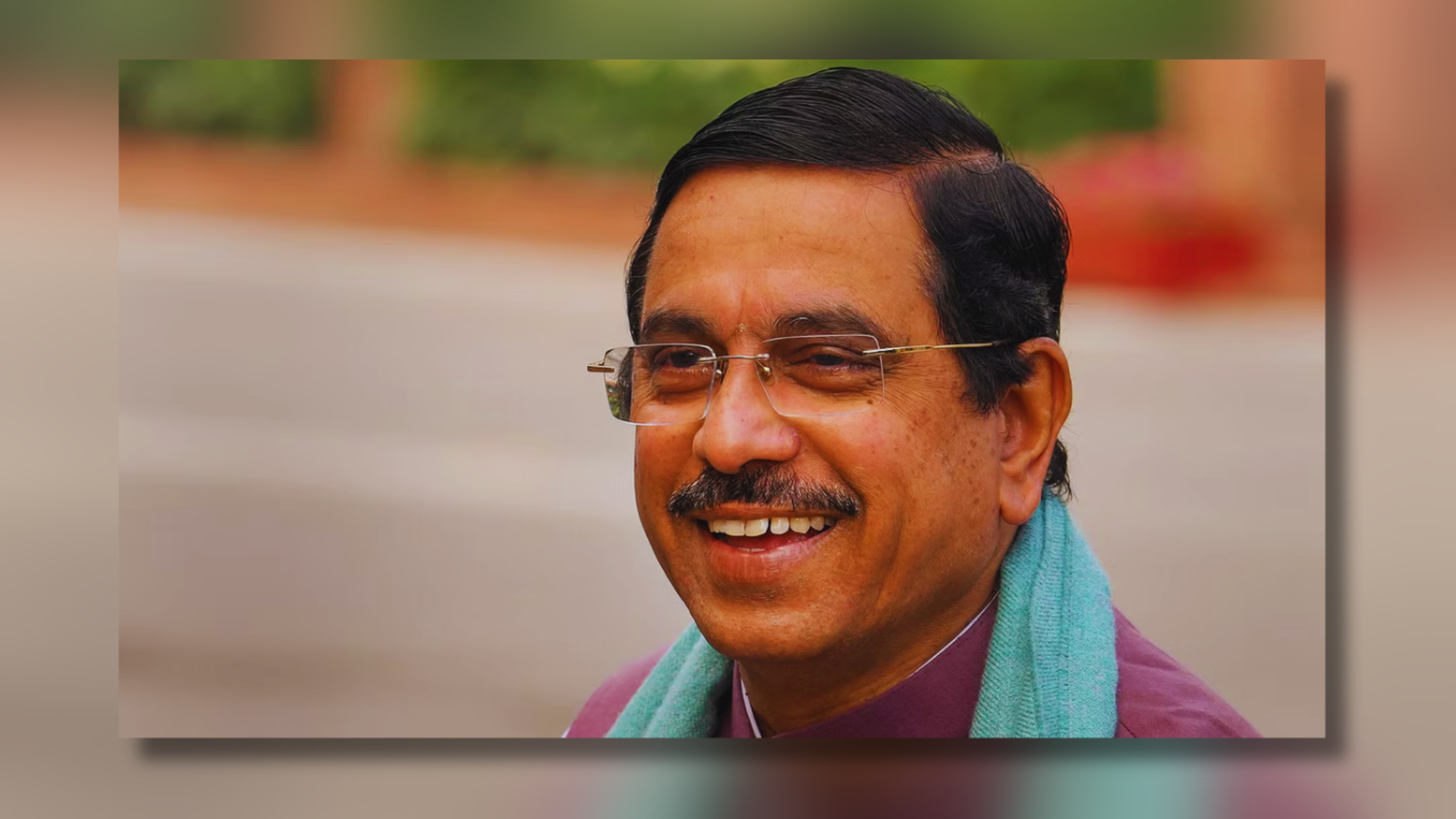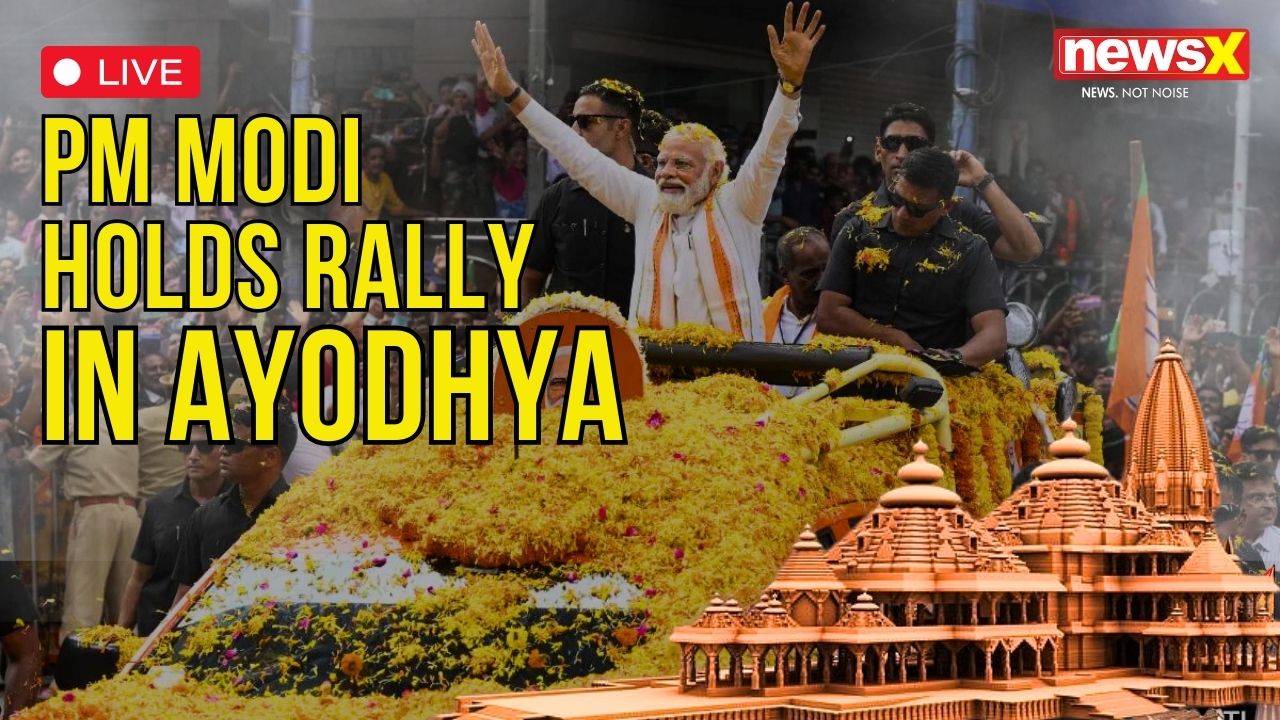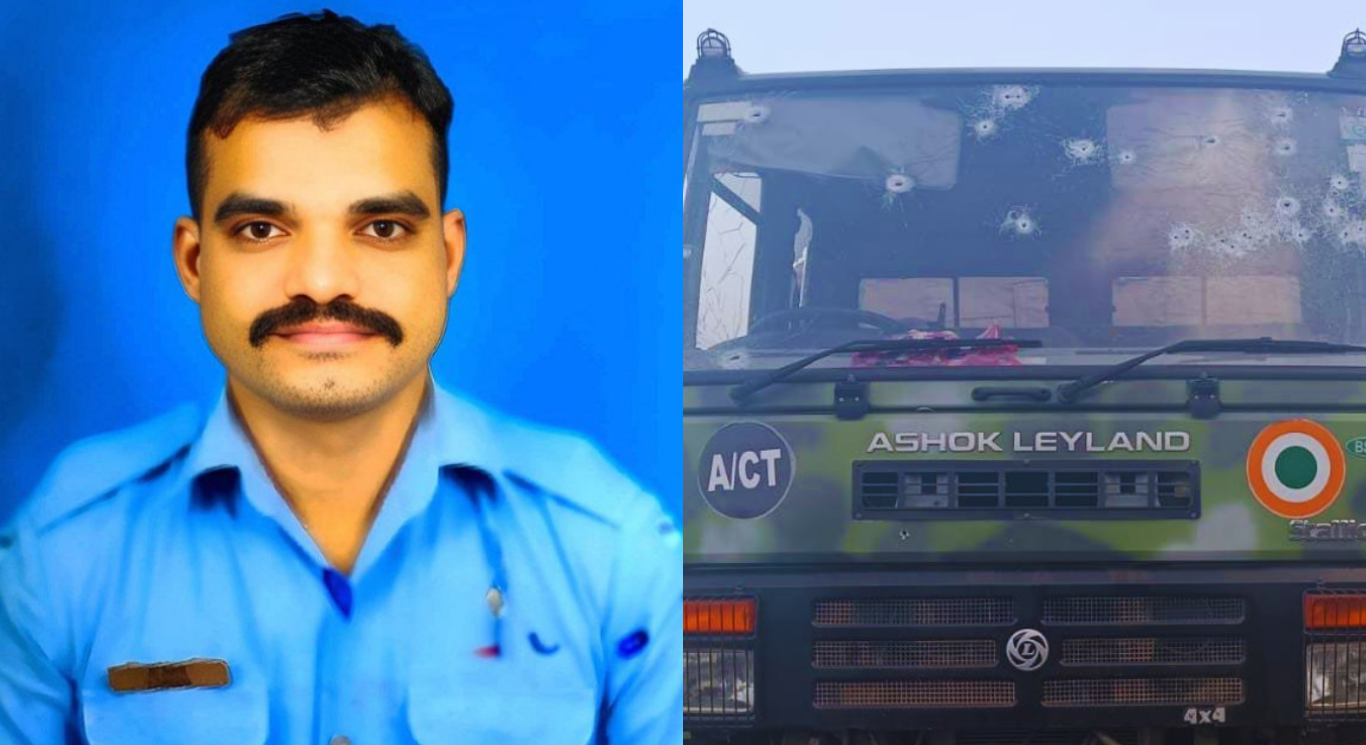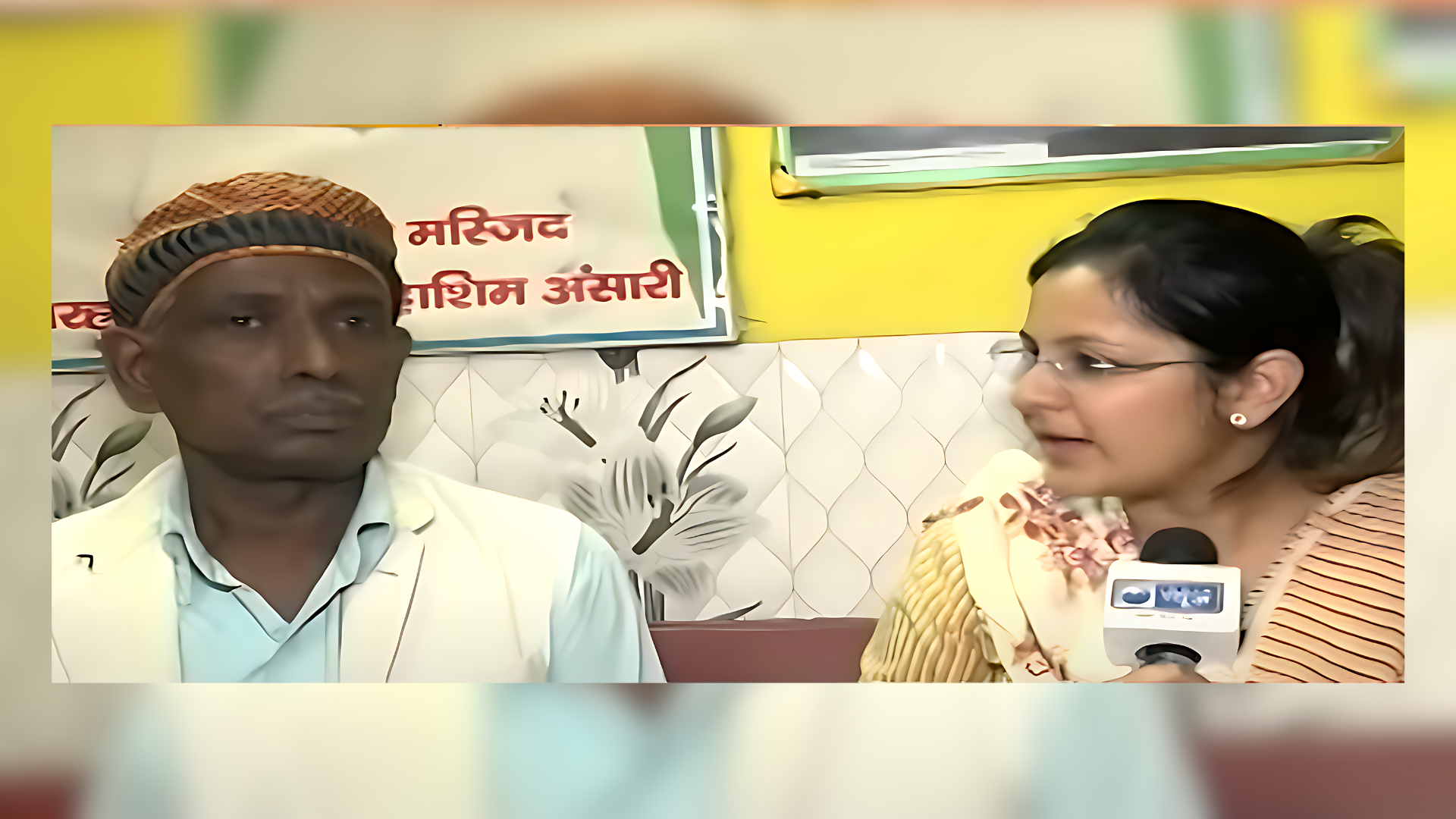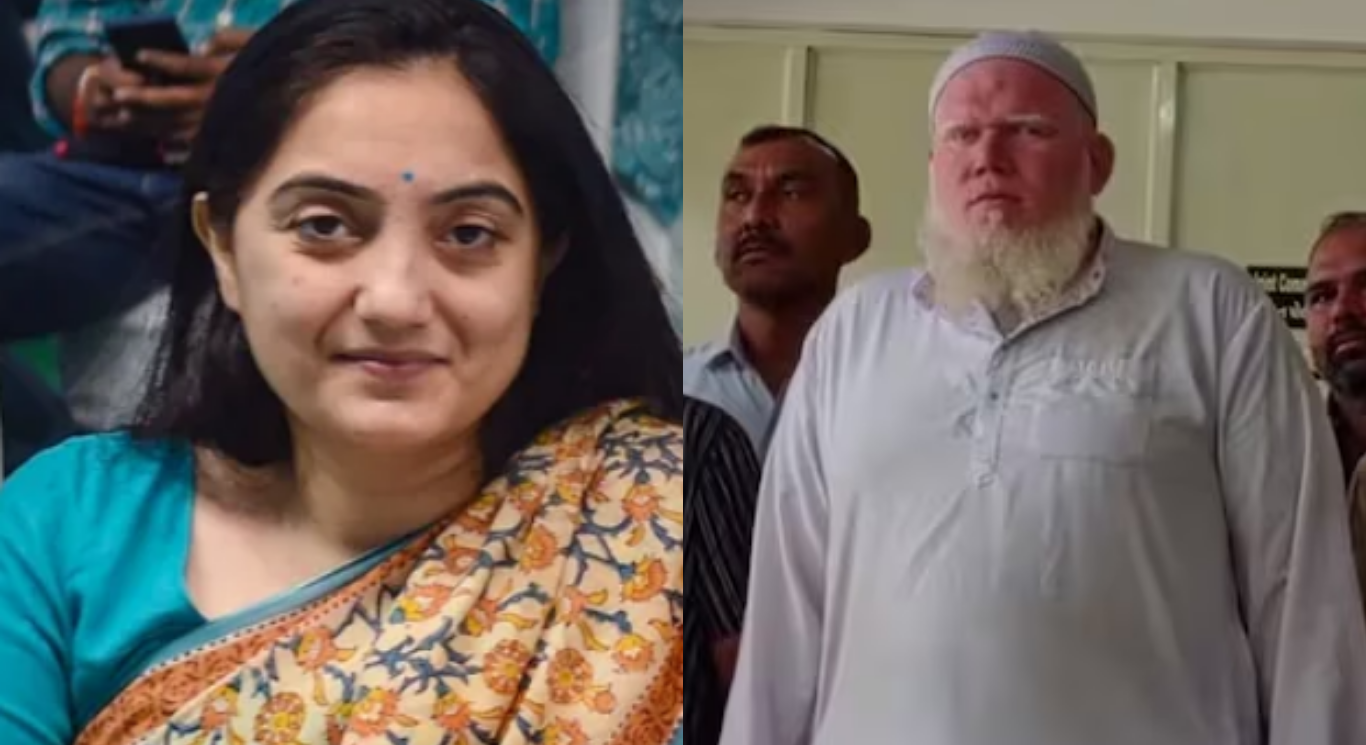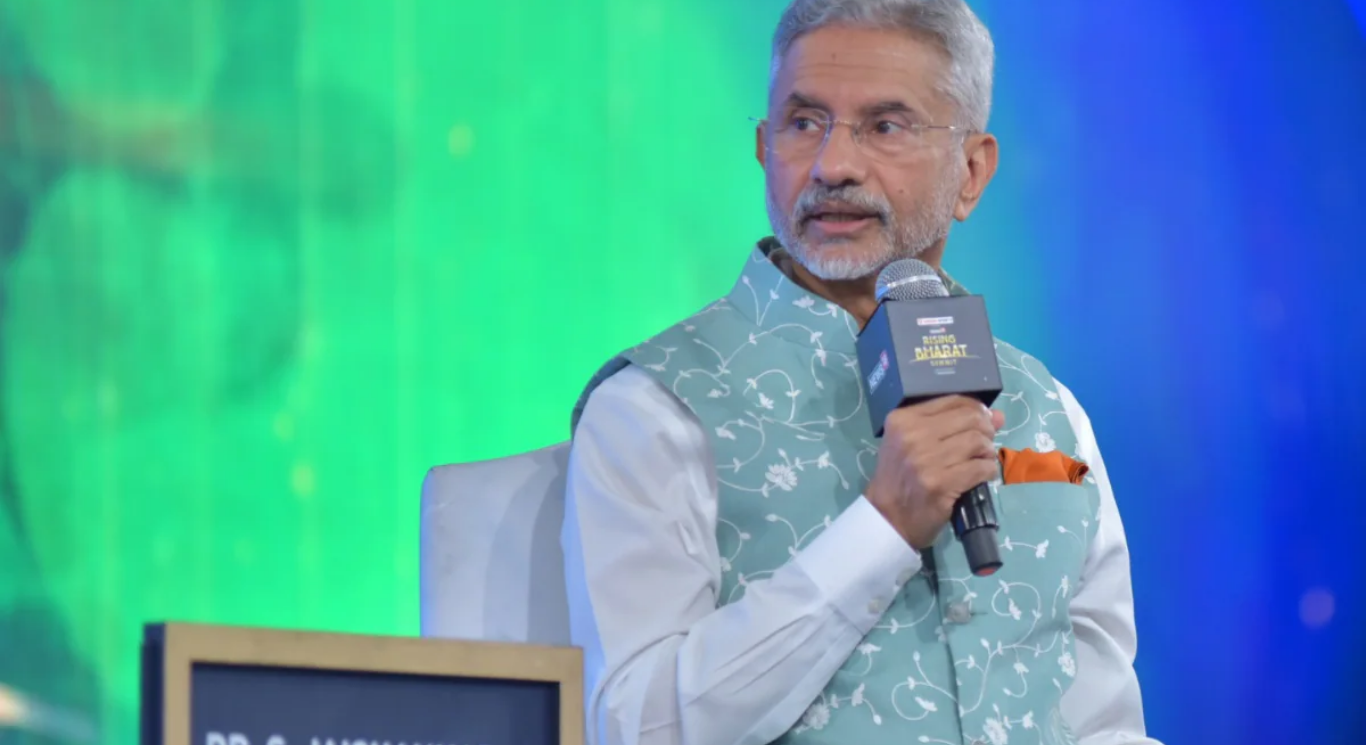


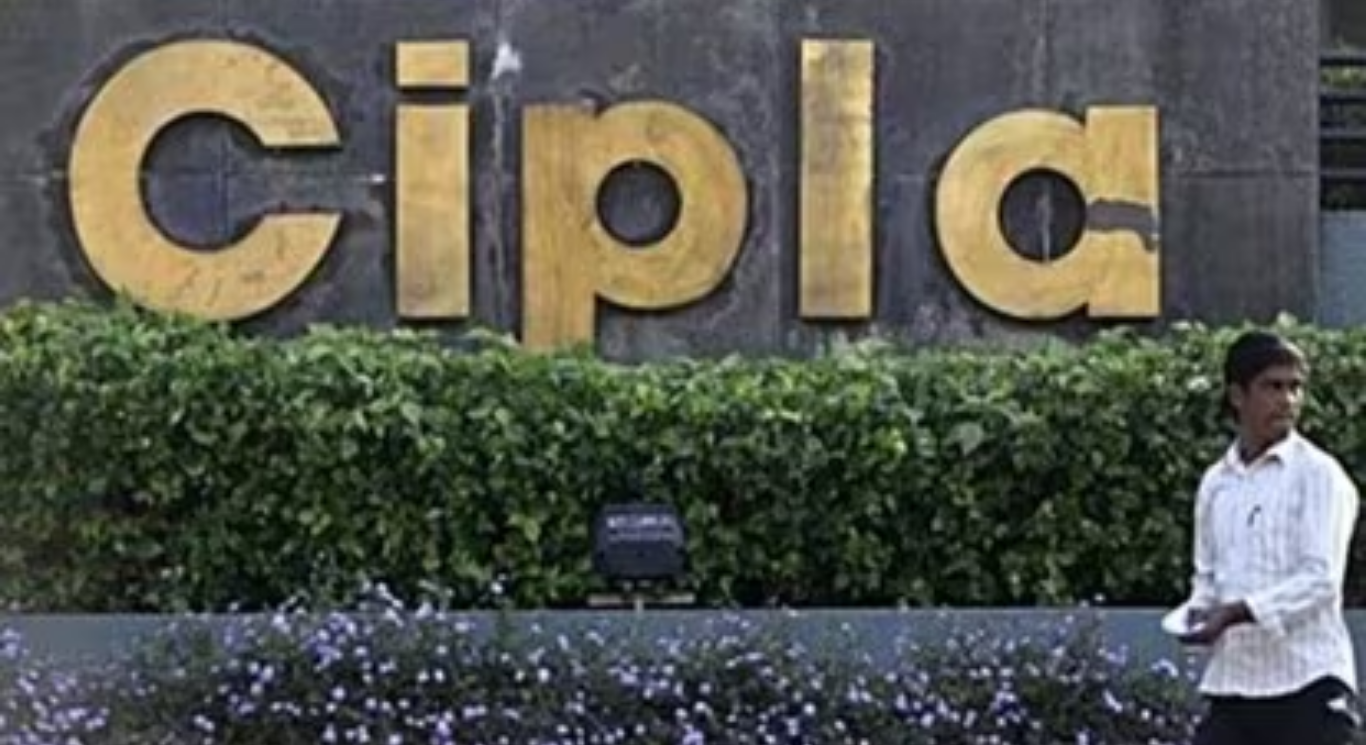
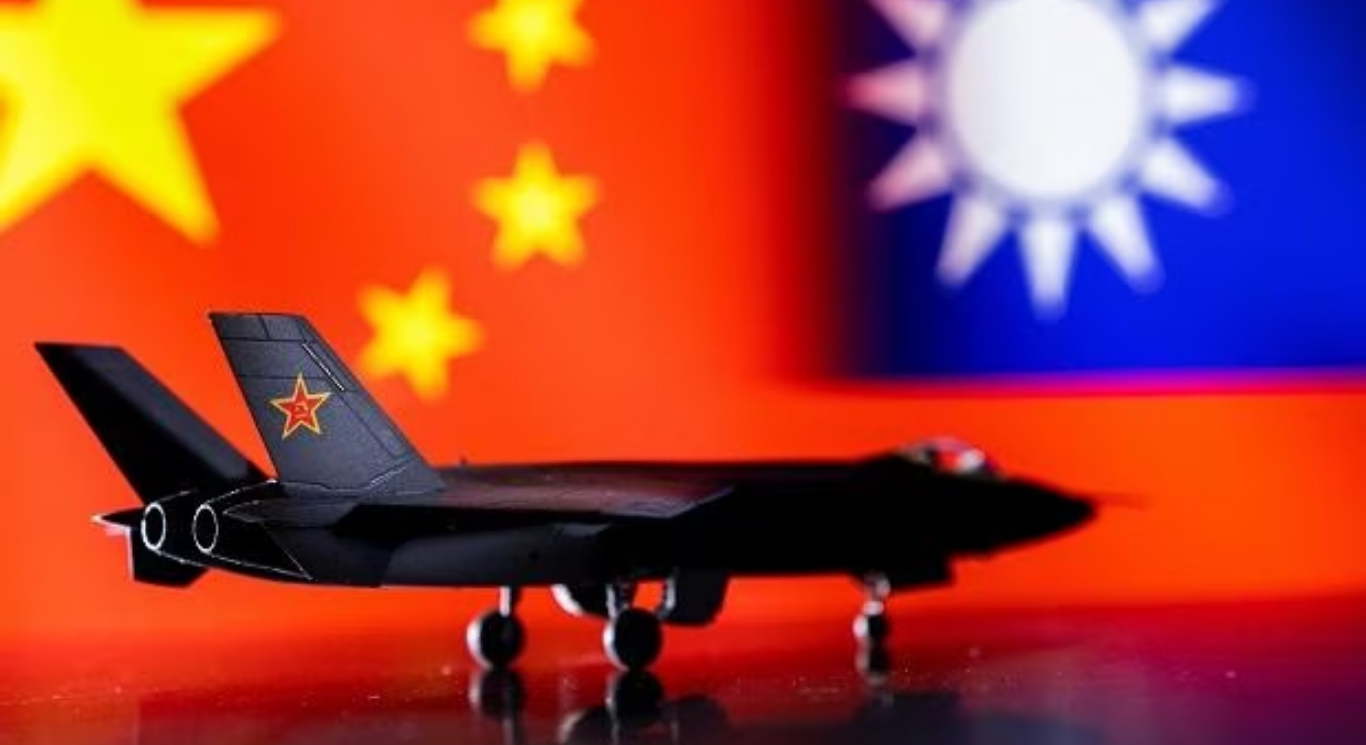

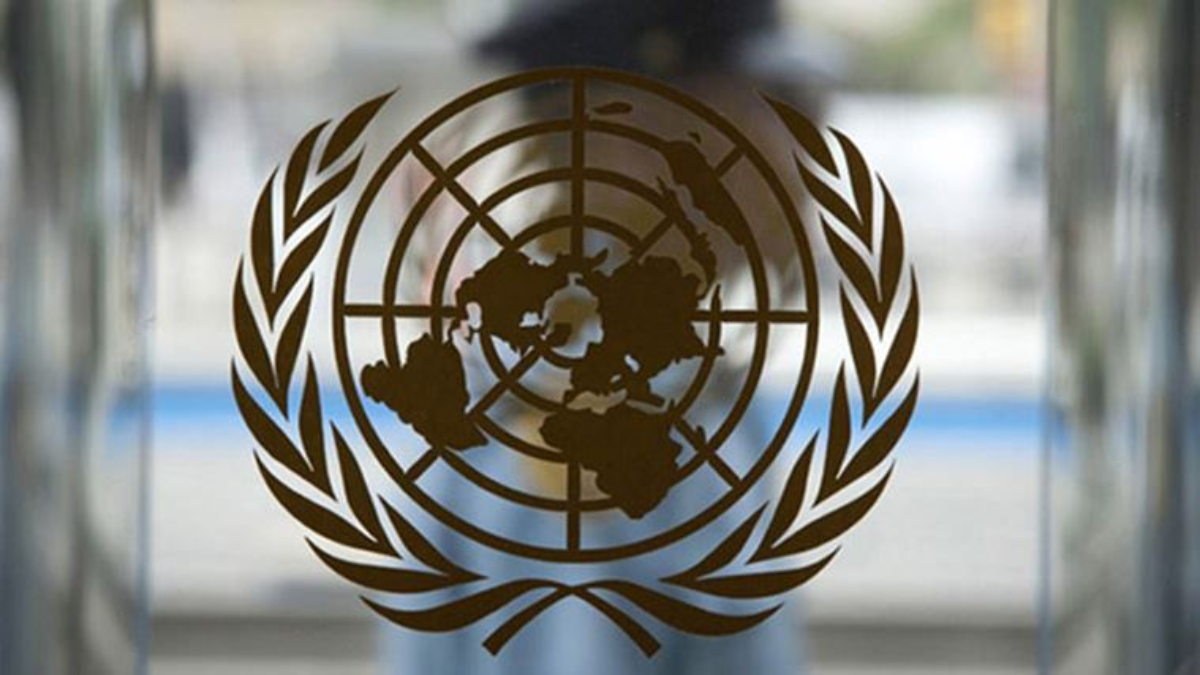
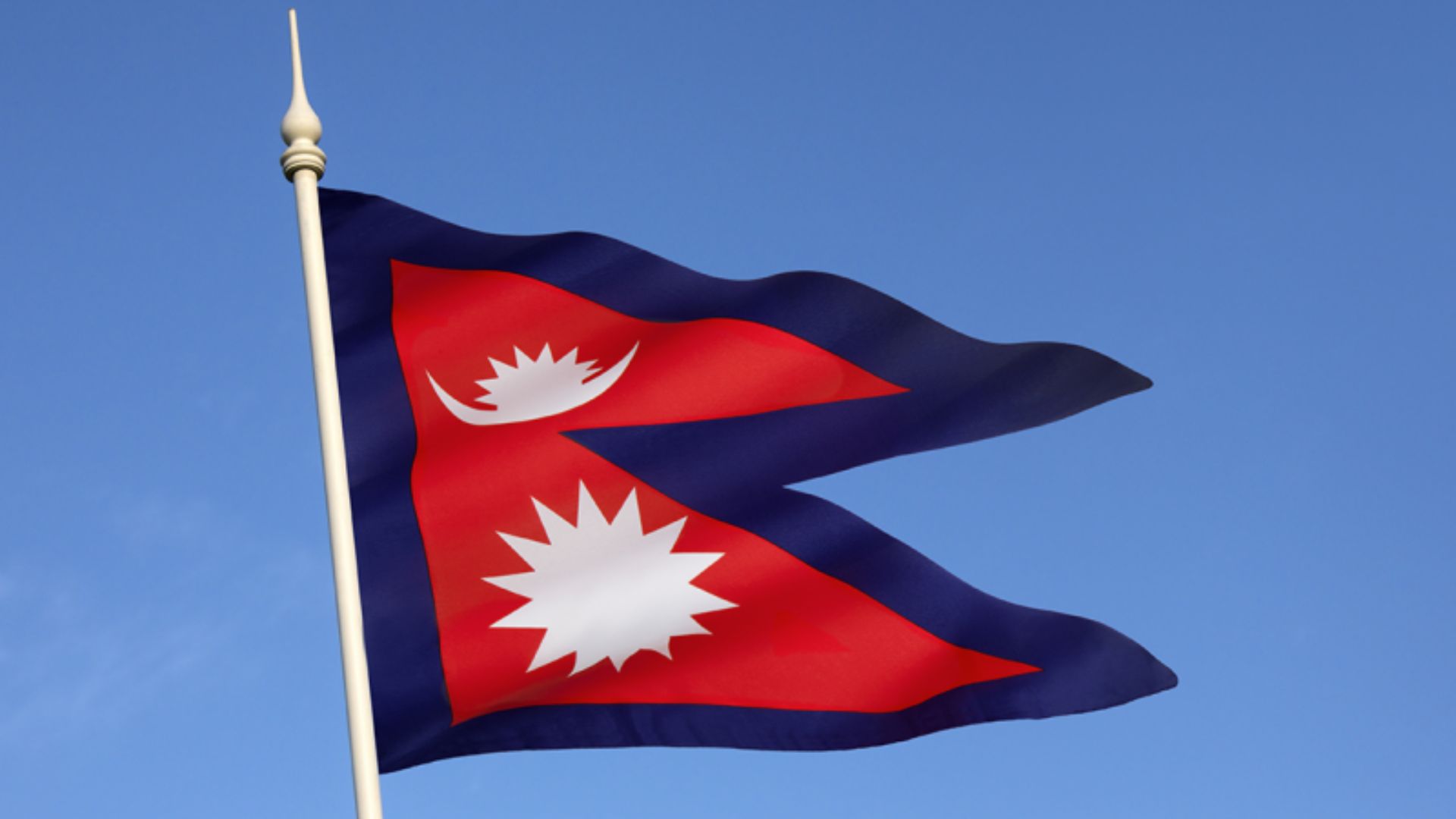

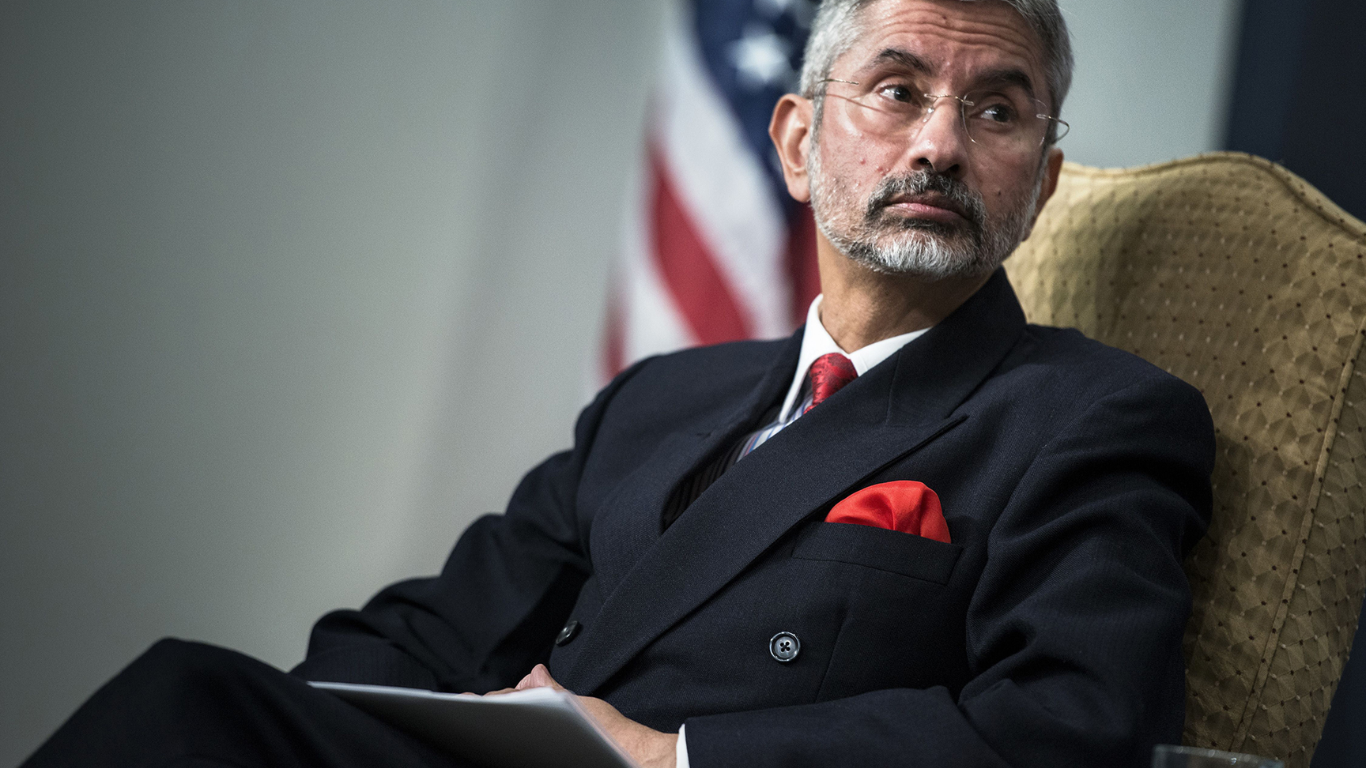
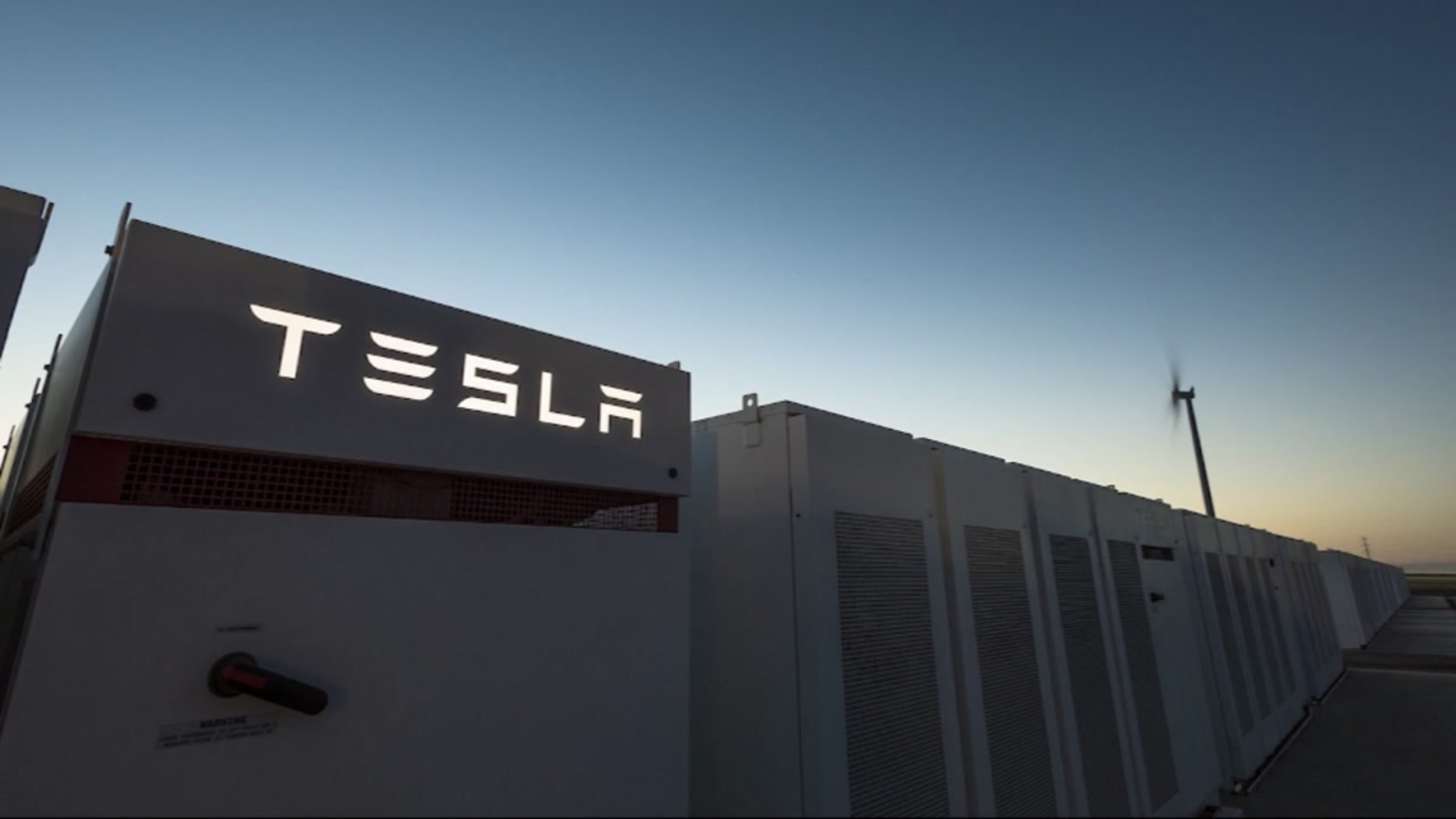
Tesla has reached a settlement with the family of an Apple engineer who was killed in a Model X crash six years ago in Silicon Valley. The settlement was made public in court filings on Monday, just before a jury trial was set to begin in a wrongful death suit against the electric car maker.
The lawsuit accused Tesla of failing to meet the promises made in its marketing regarding driver-assistance and safety technology in its vehicles. Court documents revealed that Tesla and the family of Wei Lun Huang, the deceased engineer, have agreed to a settlement. However, the specific amount of the settlement has been requested by Tesla to remain confidential.
The original complaint alleged that Huang believed Tesla’s Model X technology would prevent harm to the driver, including risks such as the vehicle failing to drive at safe speeds, straying from marked lanes, failing to avoid obstacles on highways, or colliding with fixed objects or vehicles while in autopilot mode.
The fatal crash occurred in March 2018 when Huang was using the autopilot feature while driving along a highway in Mountain View, California. The Model X collided with a concrete median, resulting in Huang’s tragic death.
In their filings, Huang’s family argued that Tesla was negligent and careless in the design and marketing of the 2017 Model X. US regulators investigated the accident and determined that Huang did not have his hands on the steering wheel at the time of the crash, despite warnings from Tesla’s Autopilot driver assistance software.
Tesla has consistently defended the safety of its vehicles and Autopilot features, emphasizing that drivers must remain attentive and keep their hands on the wheel while using the system. The company has reiterated that Autopilot is designed to assist drivers, not replace their responsibility to remain engaged while driving.
This settlement brings an end to the legal battle between Tesla and Huang’s family over the tragic incident. The terms of the settlement, including any financial compensation, will remain undisclosed as per Tesla’s request.

